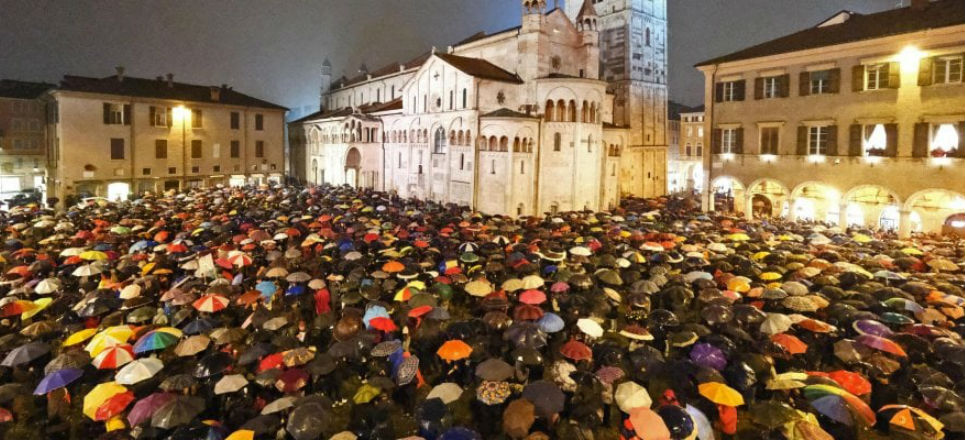Coronavirus Policy: Activating the antibodies of Catholicism
The coronavirus COVID-19 is spreading around the world, generating a syndrome of universal contagion.
Mar 21, 2020

By Fr Antonio Spadaro, SJ
The coronavirus COVID-19 is spreading around the world, generating a syndrome of universal contagion. Humanity’s system of worldwide interconnection gives us a paradoxical experience: the more connected we are, the more contact can turn into contagion, communication into contamination, influences into infections.
The apocalypse is at hand. Antibodies are triggered which go crazy and become an immune system against everything we fear, do not recognise, or cannot control. Viruses have long been a feature of our landscape: from the biblical plagues to Manzoni’s descriptions of the bubonic plague in The Betrothed, and on to today’s cyberattacks. The boundaries of the soul narrow with the discovery of our vulnerability.
The pandemic in these cases always ends up being one marked by insecurity and anxiety. The coronavirus seems to have also become today a symptom (and a symbol) of a more general condition of fear that we carry within us. A recent SWG survey has highlighted how much fear Italians feel. What fears? One statistic paints the picture: 72 per cent fear that their children will not have a decent standard of living and 58 per cent fear that they will not be able to raise a family. Fear of the future: this is today the virus of the soul. But you could utter a long litany of fears.
The first effect of being infected by the virus of fear is the arid soul, in a state of desolation. Fear withers. The first task of a Catholic is, first and foremost, the fight against drying up and withering.
What are the symptoms of the virus? The immune reaction makes us perceive contact with the other, the different, as a risk of contagion. It is taking root in our societies and assumes various forms: a narrow, security-driven outlook that diminishes our rights, our freedom and the rule of law; sovereignty understood as the opposite of a foreign policy based on multilateralism and Europe; hostility toward integration; the political manipulation of Christianity reduced to “civil religion.”
The reasoning: if I want to feel good and be safe, I have to wear a mask and be wary of contact with strangers. “Everywhere, people avoid being touched by what is foreign to them” (Elias Canetti). It applies at the personal level; it applies at the political level. The Facebook algorithm teaches us this: relationships are based on a degree of affinity. Algorithms ensure that we essentially meet those who are like us, similar and compatible.
We live in a bubble filtered by masks that strengthen our identity and make us suspicious of others. This is why we must reject the logic of the algorithm that has shaped the social media “war machines”.
A specific viral form of “fear” is nationalism, which reduces the idea of “nation” to a filtered bubble. Pius XI in 1938 received the ecclesiastical assistants of the Catholic Action movement and made it clear how Catholicism possesses the antibodies to eradicate this virus. He said: “Catholic means universal, not racist, not nationalistic, not separatist. Such ideologies are not Christian, in fact they end up not even being human.”
Unlike market-imposed globalisation, the Catholic vision is universal and places the person and peoples at the centre, recognising the other, the outsider and the different as a brother or sister.
Christians feel that they must take on the expectations, changes and problems of the country. How can we concretely activate antibodies against the virus of the pandemic of fear, anxiety and hatred in our social and political life?
One way out of this is to physically break the bubble of the algorithms that trigger a fear reaction. --La Civilta Cattolica







Total Comments:0